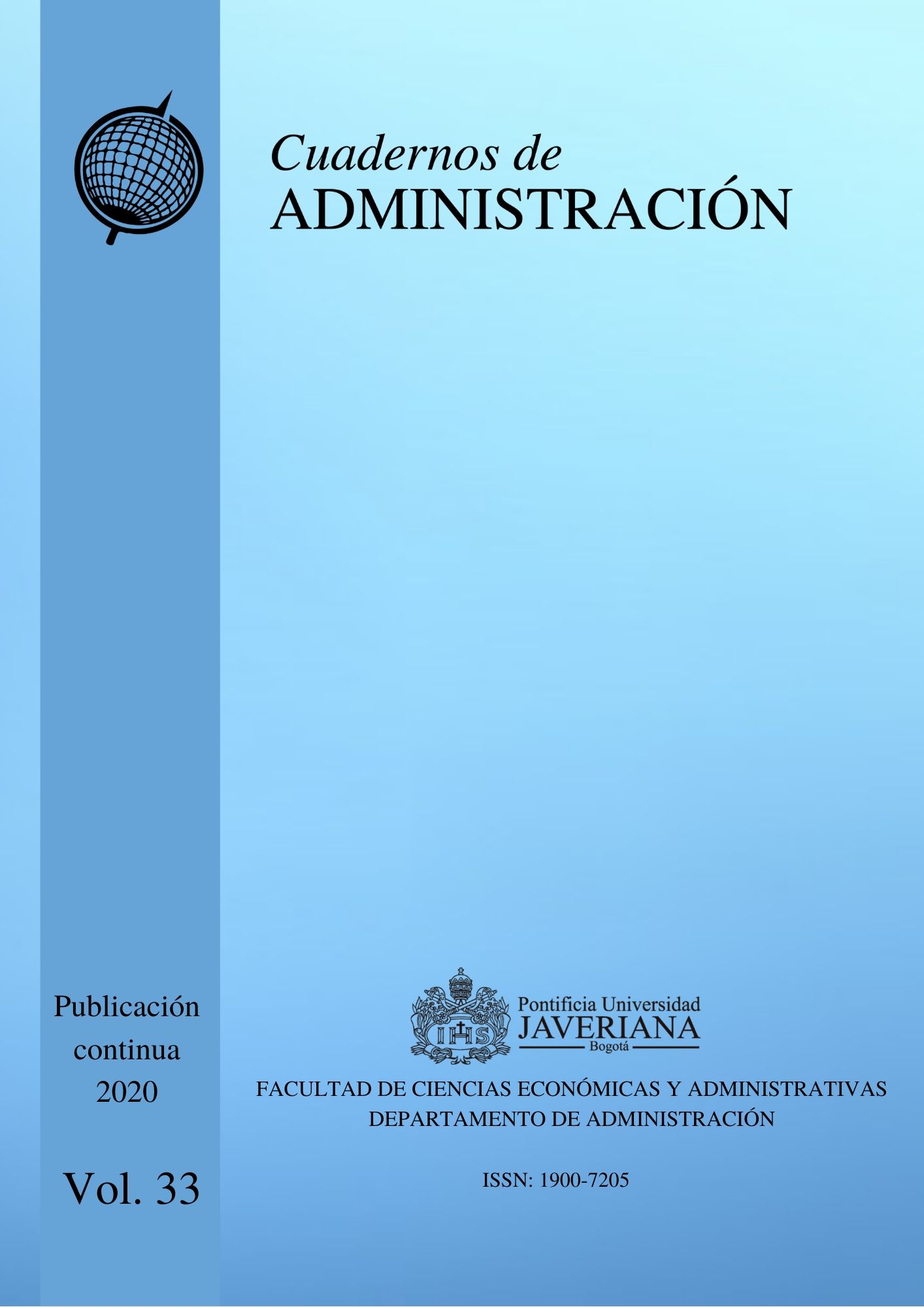Resumen
Así como la inteligencia empresarial es para las empresas, la inteligencia territorial es para las autoridades locales. Sin embargo, la inteligencia territorial no es la simple exportación de conceptos y herramientas de inteligencia empresarial, sino una nueva disciplina caracterizada por la fusión de la inteligencia humana colectiva y la inteligencia informática. Como resultado, las bases de conocimiento geográfico, las reglas y los motores de inferencia no solo se basan en la lógica sino también en la topología, la geometría y la lingüística, y deben tener en cuenta los puntos de vista de múltiples actores. El alcance de este documento será presentar los conceptos necesarios para construir tales sistemas, es decir, pasar de la inteligencia a la ingeniería del conocimiento geográfico.
Batty. M., & Yeh, T. (1991). The promise of expert systems for urban planning. Computers, Environment and Urban Systems, 15(3), 101-108. https://doi.org/10.1016/0198-9715(91)90001-T
Baxter, R. S. (1976). Computer and statistical techniques for planners. London: Methuen.
Bertacchini, Y. (2004). Entre information et processus de communication: L'intelligence territoriale, 3èmes Rencontres TIC & Territoire: quels développements ? Lille, May, Revue Information Sciences for Decision-Making, http://isdm.univ-tln.fr/PDF/isdm16/isdm16a154_bertacchini.pdf
Craig, W. J. (1998). The internet aids community participation in the planning process. Computer, Environment and Urban Systems, 22(4), 393-404. https://doi.org/10.1016/S0198- 9715(98)00033-7
Girardot, J.-J. (2008). Evolution of the concept of territorial intelligence within the coordination action of the European network of territorial intelligence, p. 11, Res-Ricerca e Sviluppo per le politiche sociali, 1-2/2009. http://www.territorial-intelligence.eu/portail/site/
Girardot, J.-J. (2010). Qu’est-ce que l’intelligence territoriale? Collaboratif-info. Online consultation. 28 juin. http://www.collaboratif-info.fr
Jakir, Ž., Hećimović, Ž., & Štefan, Z. (2011). Place Names Ontologies. In A. Ruas (ed.), Advances in cartography. Lecture notes in geoinformation and cartography (pp. 331-349). New York: Springer Heidelberg.
Joosten, S., Wedemeijer, L., & Michels, G. (2010). Rule Based Design. Holland: Open Universiteit Nederland.
Kavouras, M., Kokla, M., & Tomai, E. (2005). Comparing categories among geographic ontologies. Computers & Geosciences, 31(2), 145-154. https://doi.org/10.1016/j.cageo.2004.07.010
Keßler, C., Janowicz, K., & Bishr, M. (2009). An agenda for the next generation gazetteer: geographic information contribution and retrieval. Proceedings of the 17th ACM SIGSPATIAL International Conference on Advances in Geographic Information Systems (pp. 91-100). New York: ACM.
Kim, T., Wiggins Lyna, L., & Wright, J. (eds.) (1989). Expert Systems: Applications to urban planning. New York: Springer Verlag.
Kingston, R. (1998). Accessing GIS over the Web: An aid to public participation in environmental decision making. Proceedings of the Workshop of the International Association for Public Participation, SPICE 98, Tempe Arizona, October 3-7, http://http://www.iap2.com/a_kingston.htm.
Laurini, R. (2001). Information systems for urban planning: A hypermedia cooperative approach. London: Taylor and Francis. 368 p.
Laurini, R. (2012). Importance of spatial relationships for geographic ontologies. In Planning Support Tools: Policy Analysis, Implementation and Evaluation. M. Campagna et al. (eds.), Proceedings of the Seventh International Conference on Informatics and Urban and Regional Planning INPUT. (pp. 122-134). Milano: Franco Angeli.
Laurini, R. (2014). A conceptual framework for geographic knowledge engineering. Journal of Visual Languages and Computing, 25, 2-19, http://dx.doi.org/10.1016/j.jvlc.2013.10.004i.
Laurini, R. (2015). Geographic ontologies, gazetteers and multilingualism. Journal of Future Internet, 7, 1-23. https://doi.org/10.3390/fi7010001.
Laurini, R. (2017). Geographic knowledge infrastructure: Applications for territorial intelligence and smart cities. London: Elsevier & ISTE.
Laurini, R. (2019). A mathematical language for the modeling of geospatial static rules. Journal of Visual Language and Computing, 2009(1), 1-13. http://www.ksiresearch.org/jvlc/journal/JVLC2019N1.pdf
Laurini, R., Servigne, S., & Favetta, F. (2016). An introduction to geographic rule semantics. In Proceedings of the 22nd International Conference on Distributed Multimedia Systems, Salerno, Italy (pp. 91-97), November 25-26. Published by Knowledge Systems Institute.
Ranjan, J. (2009). Business Intelligence: Concepts, components, techniques and benefits. Journal of Theoretical and Applied Information Technology, 9(1), 60-70. http://www.jatit.org/volumes/research-papers/Vol9No1/9Vol9No1.pdf
Ross, R. G. (2011). More on the if-then format for expressing business rules: Questions and answers. Business Rules Journal, 12(4). http://www.brcommunity.com/a2011/b588.html.
von Halle, B., Goldberg, L. & Zachman, J. (2006). Business Rule Revolution. Running Business, the Right Way. Silicon Valley: Happy About. 324 p.
Yeh, A. G., & Qiaoô, J. J. (2004). Component-based approach in the development of a knowledge-based planning support system (KBPSS). Part 1: The architecture of KBPSS. Environment and Planning B: Planning and Design, 31, 517-537.
Yigitcanlar, T. (2016). Editorial: Dimensions of knowledge-based urban development. International Journal of Knowledge-Based Development, 7(1), 1-3. https://eprints.qut.edu.au/94247/
Cuadernos de Administración se encuentra registrada bajo la licencia Creative Commons Reconocimiento 4.0 Internacional. Por lo tanto, esta obra se puede reproducir, distribuir y comunicar públicamente en formato digital, siempre que se reconozca el nombre de los autores y a la Pontificia Universidad Javeriana. Se permite citar, adaptar, transformar, autoarchivar, republicar y crear a partir del material, para cualquier finalidad (incluso comercial), siempre que se reconozca adecuadamente la autoría, se proporcione un enlace a la obra original y se indique si se han realizado cambios. La Pontificia Universidad Javeriana no retiene los derechos sobre las obras publicadas y los contenidos son responsabilidad exclusiva de los autores, quienes conservan sus derechos morales, intelectuales, de privacidad y publicidad.
El aval sobre la intervención de la obra (revisión, corrección de estilo, traducción, diagramación) y su posterior divulgación se otorga mediante una licencia de uso y no a través de una cesión de derechos, lo que representa que la revista y la Pontificia Universidad Javeriana se eximen de cualquier responsabilidad que se pueda derivar de una mala práctica ética por parte de los autores. En consecuencia de la protección brindada por la licencia de uso, la revista no se encuentra en la obligación de publicar retractaciones o modificar la información ya publicada, a no ser que la errata surja del proceso de gestión editorial. La publicación de contenidos en esta revista no representa regalías para los contribuyentes.



